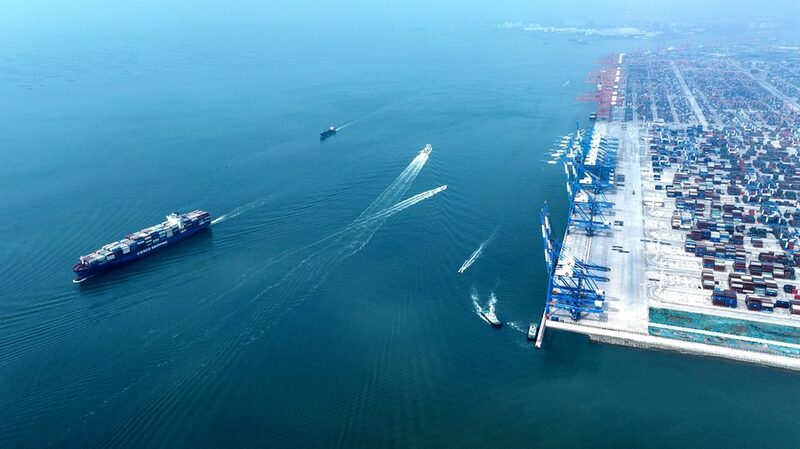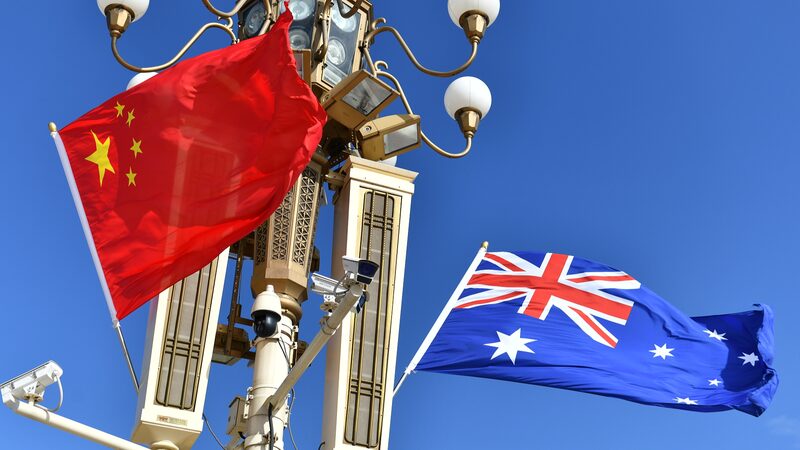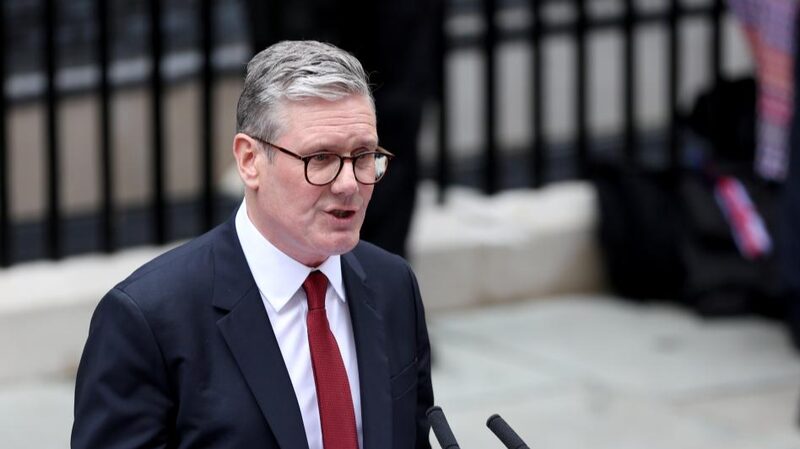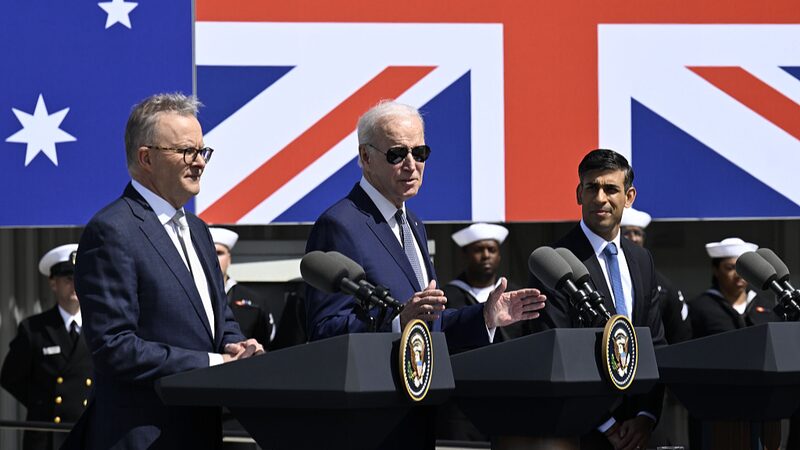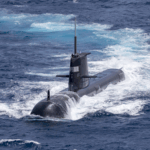Britain will expand its nuclear-powered attack submarine fleet to 12 vessels under a sweeping defense modernization plan, signaling a strategic pivot toward 'warfighting readiness' in response to evolving global threats. The announcement comes days before Prime Minister Keir Starmer's government releases a comprehensive defense review outlining investments in advanced military technologies and infrastructure.
AUKUS Partnership Drives Submarine Expansion
The new submarines, developed jointly with the U.S. and Australia through the AUKUS security pact, will replace Britain's current fleet of seven vessels starting in the late 2030s. While nuclear-powered, they will carry conventional weapons, complementing the UK's separate nuclear-armed submarine program. Defense Minister John Healey emphasized the dual focus: 'State-of-the-art submarines and a £15 billion nuclear warhead program will keep Britain secure and globally influential.'
Defense Spending Targets Geopolitical Realities
Starmer's administration plans to increase military spending to 2.5% of GDP by 2027, with a long-term goal of 3%, reversing decades of capability decline. This aligns with broader European efforts to strengthen defense autonomy following former U.S. President Donald Trump's calls for NATO partners to shoulder more security responsibilities.
Tech Investments Reshape Modern Warfare
Monday's Strategic Defense Review will detail plans for six new munitions factories, AI-enhanced targeting systems, and advanced cyber warfare units. The blueprint also addresses military housing improvements to boost recruitment and morale, while a 'Digital Targeting Web' aims to integrate next-generation weapon systems.
Analysts note the measures reflect growing concerns about conflicts involving technologically advanced adversaries. As Starmer warned: 'Britain must be prepared to fight and win wars against modern military powers.' The strategy positions the UK as a key player in Western security architectures while navigating economic challenges and domestic political pressures.
Reference(s):
cgtn.com

